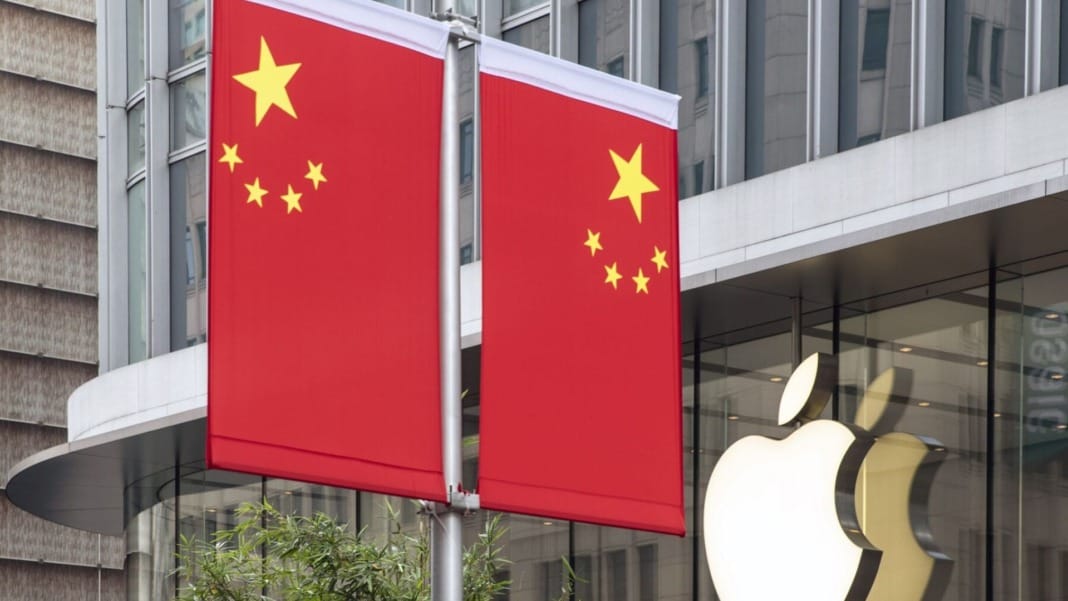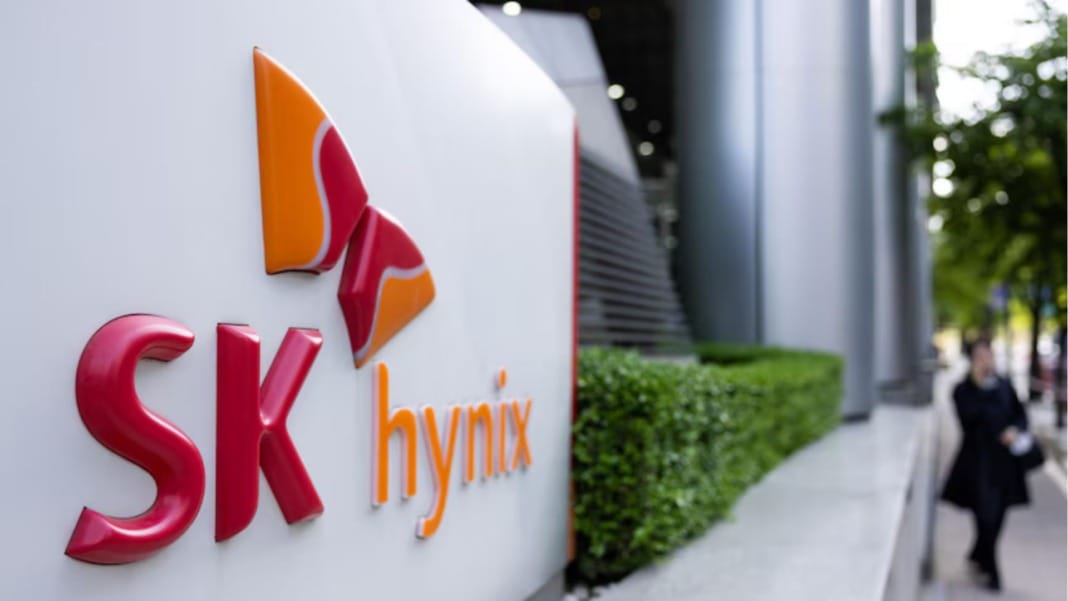A significant meeting occurred in China’s tech hub, Shenzhen, where Apple’s Chief Operating Officer, Jeff Williams, met with Meng Fanli, the city’s Communist Party secretary. This visit highlights the crucial role China continues to play in Apple’s operations, even as other tech companies aim to reduce their reliance on the country.
Strengthening ties with Shenzhen
On Wednesday, Williams emphasised the importance of Shenzhen to Apple during his discussions with Meng. He conveyed Apple’s intention to deepen its cooperation with the city, recognising Shenzhen as a vital market. Meng, in turn, welcomed Apple’s increased business and investment in the region. He assured Williams that Shenzhen would bolster its supply chain capabilities to create more mutually beneficial outcomes.
Apple is gearing up for the production of its iPhone 16 series, which will launch in the autumn. Factories in China, including Foxconn’s Shenzhen plant, are actively recruiting workers to meet this demand. Despite Apple’s moves to expand production in countries like Vietnam and India, China remains a key assembly location due to its advanced manufacturing capabilities and large-scale operations.
Meeting with Chinese officials
Earlier in the week, Williams was part of a US business delegation that met with Chinese Vice Premier He Lifeng and Foreign Minister Wang Yi in Beijing. This visit marked the first such delegation to China following a significant Communist Party meeting. Although the official statement did not mention Williams, a photo released by China’s foreign ministry confirmed his presence.
This high-level meeting between Meng and Williams follows Apple’s announcement four months ago about opening a new applied research lab in Shenzhen. The lab aims to enhance Apple’s testing and research capabilities for the iPhone, iPad, and Apple Vision Pro and foster closer collaboration with local suppliers.
Investing in research and development
Apple has made substantial investments in research and development facilities across China, including Shanghai, Suzhou, Beijing, and Shenzhen. In March, Apple revealed its investment of 1 billion yuan (US$137.5 million) in its Shanghai applied research lab, which is currently being expanded.
Williams also visited an Apple Store in the Wangfujing shopping district during his stay in Beijing, greeting staff and customers. Isabel Ge Mahe, Apple’s vice president and managing director of Greater China, shared this visit in a Weibo post. Additionally, Williams met with team members from Migu, China’s digital entertainment service provider, who were at the store to showcase their app developed for the Apple Vision Pro, which recently became available in China.
This series of engagements underscores Apple’s commitment to maintaining a strong presence in China, leveraging its manufacturing strengths while fostering innovation through its research and development initiatives.





